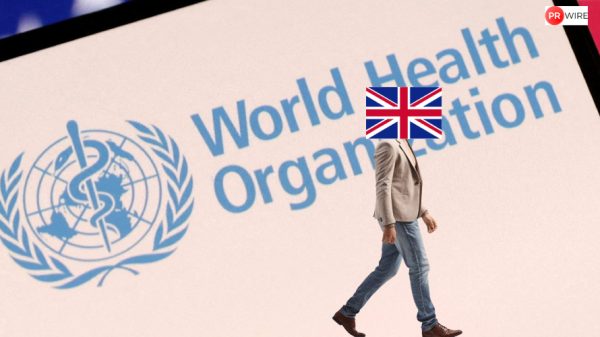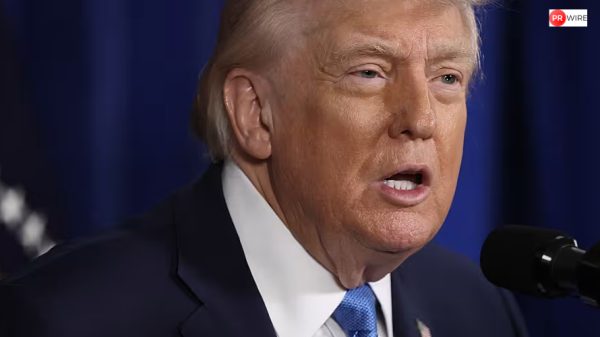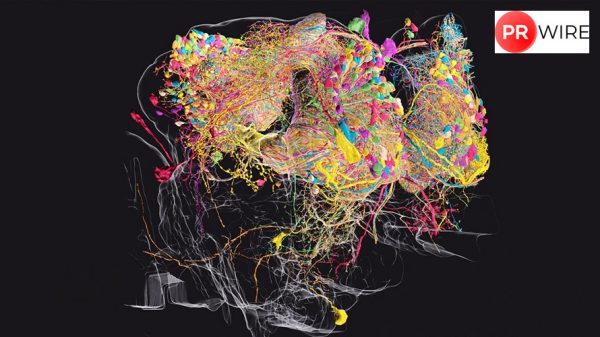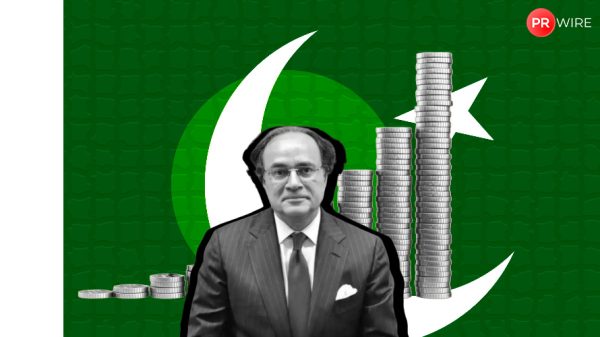Pakistan’s voters are the most pessimistic about their economy in years ahead of Thursday’s election, according to a Gallup poll, as the fastest inflation in Asia makes it increasingly difficult for them to make ends meet.
Some 70% of Pakistanis said the economic situation around them is getting worse, the highest level in the 18 years that Gallup has been polling them, the opinion survey company said. Almost half said it was hard to get by on their present income.
Consumer prices rose 28% in January from a year earlier, by far the highest level of any country in Asia.
Pakistan has been struggling with a heavy debt load that has led to another bailout by the International Monetary Fund, the 23rd since independence in 1947. It has also relied on financial support from allies such as China, Saudi Arabia and the United Arab Emirates.
The latest IMF program expires in March, meaning the winner of the election will probably have to negotiate with the lender for more funds and push through fiscal reforms including broadening the tax base.
“The country of 241 million requires considerable political and economic reform to remedy the structural nature of its fiscal debts,” Gallup’s Hashim Pasha and Benedict Vigers said in the report published Tuesday. “For whoever wins the election, reform will be difficult without a popular mandate.”
The public mood in Pakistan is equally glum when it comes to politics in the nuclear-armed country. Seven out of 10 Pakistanis aren’t confident that their elections are fair — a reflection of the simmering discontent over the ouster of former Prime Minister Imran Khan in April 2022.
Here are some of the other findings from the survey:
- Around 61% said their standard of living was getting worse
- Almost nine out of 10 people believe corruption in Pakistan’s government is widespread. Just one in four approved of Pakistan’s leadership
- Pakistani hostility toward migrants has risen in tandem with the country’s economic and security challenges. About 37% believed immigrants living in Pakistan was a “good thing” in 2023, compared to 53% in 2022
The article originally appeared on Bloomberg.




























